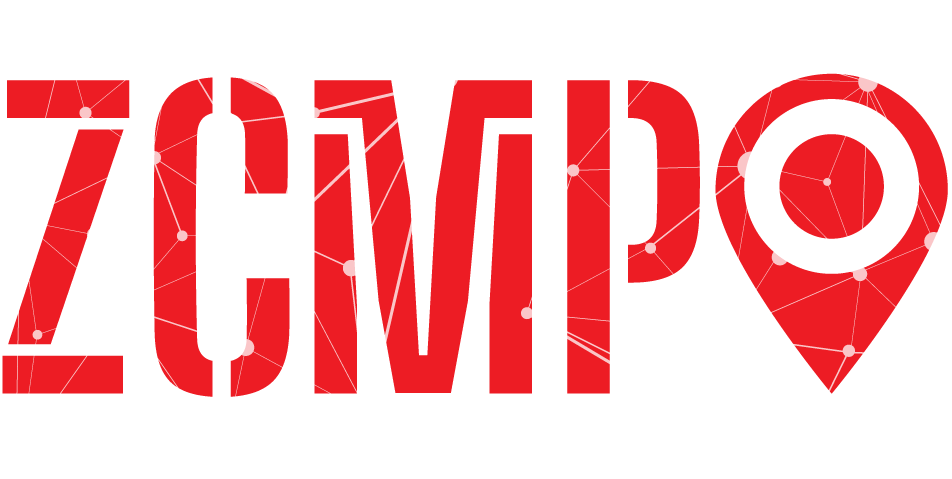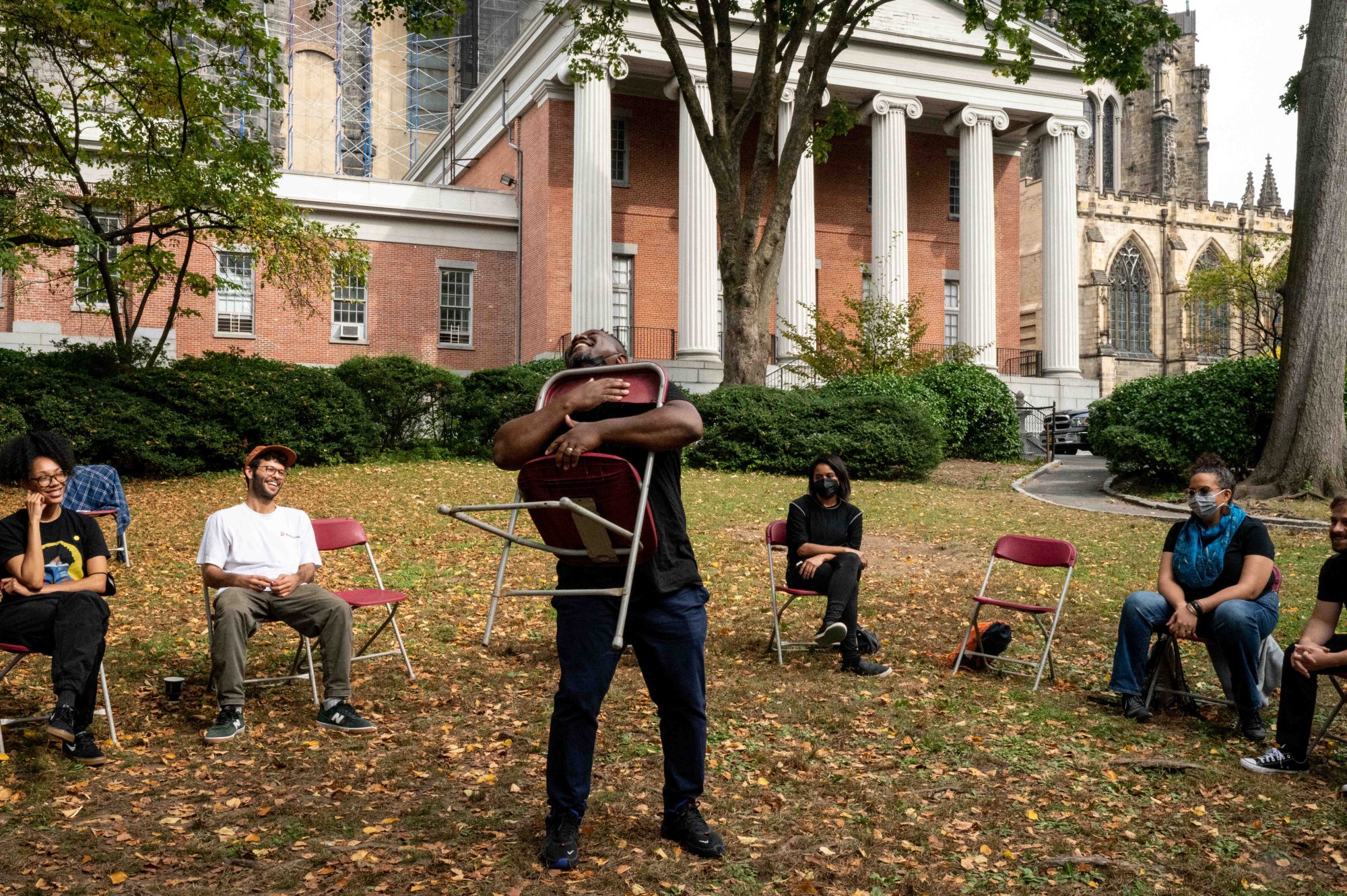Imagination is a powerful force. It allows us to visualize something that is not there. Given the losses ZCMP participants had experienced, especially during COVID, it was vital to envision different ways of organizing our personal and social existence and to imagine different possible outcomes. In ZCMP, we practiced our imaginations through an exercise from Augusto Boal’s Theater of the Oppressed called Transformation of Objects. Take a water bottle. What else could it be? (See Rehearsals for Change) One after another, participants sprang up in silence and mimed a telephone, a hairdryer, or a microphone. Everyone laughed trying to guess. The exercise reminded us that things are not fixed or static: everything, even a water bottle, can be transformed. As we guessed and discussed these possibilities, we worked together to envision change. How could we bring it about? To build a better, more sustainable and equitable world, we first have to imagine it. Improvisation enabled us to unlearn well-worn paths and responses and to rehearse alternatives. It allowed us to be open to surprise.
Introducing her Tree Visualization exercise, workshop leader Noni Carter reminded us that In times of crisis, it is important to be reminded of the potency of vision, both communal and individual, particularly when crafting demands for justice. In the exercise we allowed hopes, wishes, and dreams to grow like branches into demands, of ourselves, our world and/or our communities. (See Writing Workshop) Reflecting on her durational performance Talk to the Future, María José Contreras commented, Talking to the future requires imagining what is yet to come, and this seems a hard exercise for many of us. And yet, through acts of imagination, as Doris Salcedo said in our artists’ roundtable on “Reparative Memory I,” The impossible can become possible.
The Zip Code Memory Project provides a space for us to imagine a future where we are healthy, safe, and happily in community with people who care deeply about the city.
 Header photo: Desiree Rios
Header photo: Desiree Rios


